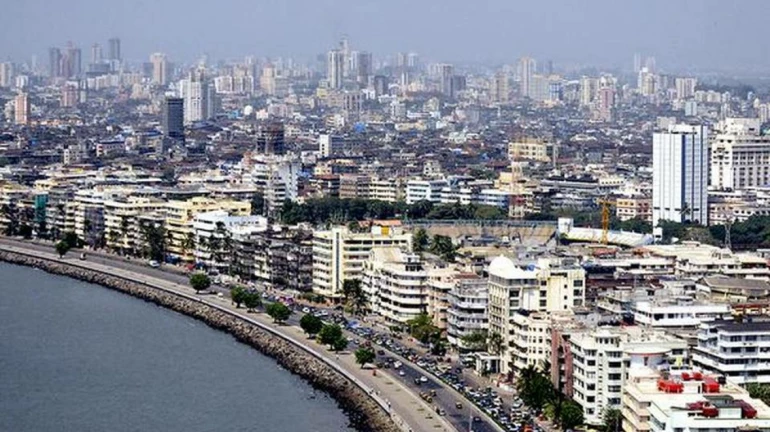
With the monsoons being just a month away, Chairman of the task force, Sanjay Oak, announced to the media that they have been asked to gear up for mitigation of malaria and dengue during the rainy season
The Brihanmumbai Municipal Corporation (BMC), which has already been stretched to the limit in its fight against COVID-19 is about to deal with the pandemic during the rainy months. The monsoon season in the city usually gives rise to cases of dengue, malaria and leptospirosis along with causing floods and waterlogging.
There have been ongoing studies that have driven theories about the impact of weather on the novel coronavirus. Doctors have opined that the intersection of monsoon with COVID-19 in Mumbai will make it harder to enforce social-distancing norms and carry out contact-tracing in flooded low-lying areas. Civic officials, however, have stated that the shortage of manpower is its biggest worry as all available hands have gone into dealing with the coronavirus. Health workers who would have been deployed for immunisation and population survey before and during the rains are now busy fighting the COVID-19.
The preoccupation with the coronavirus has further affected the essential pre-monsoon civil work. The BMC has so far cleaned 15 per cent nullahs across the city which is crucial in preventing foods. The insecticide department had earlier started its work against vector-borne dengue and malaria and bacterial infection leptospirosis.
The insecticide department usually commences its pre-monsoon activities in March. It has been working since the last two months in three shifts to disinfect government offices, residential areas, police stations and hospitals where Covid-19 positive cases have been diagnosed. The department has also begun work in high-risk pockets of dengue, leptospirosis and malaria as part of pre-monsoon work.
Every year the department inspects 7,201 government buildings to check 28,021 water tanks and other possible mosquito-breeding sites. A ‘mosquito abetment committee’ meets in March with multiple government bodies to clean these tanks. That meeting was cancelled this year because of the COVID-19 outbreak on March 11.
Insecticide officers are also touted to visit slums to put poison in burrows to kill rats, whose urine is said to be a common carrier of leptospirosis. Areas that recorded a high number of dengue cases will be visited to inspect and destroy mosquito-breeding sites. Construction sites will also be sprayed with ‘indoor resident spray’. Maharashtra which has 30,701 cases of coronavirus has reported 18,555 cases in Mumbai only. Hence, this becomes a crucial time for the people living in the city as they brace themselves for the upcoming monsoons.





